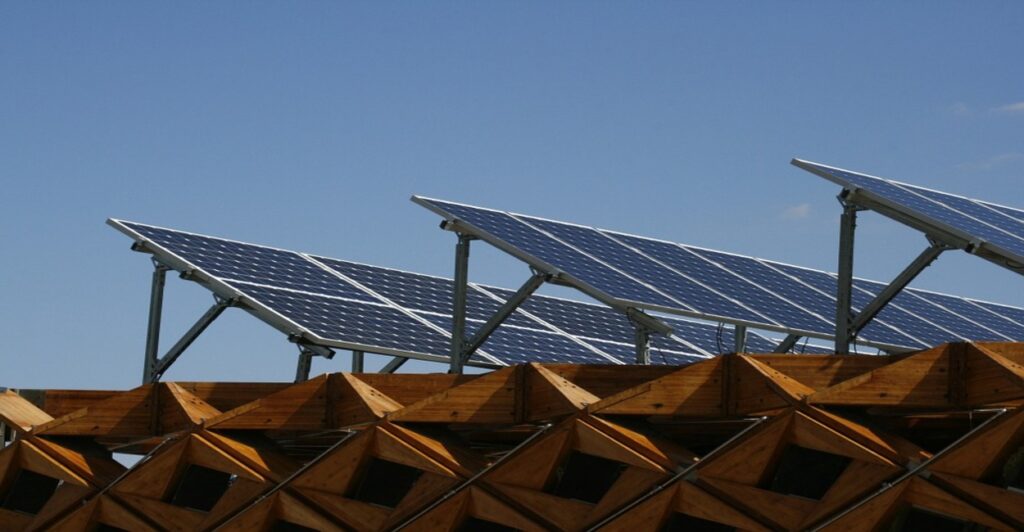Using solar panels directly without any form of regulation or control can lead to several issues. Here are some reasons why it’s not recommended to use solar panels without proper components.
- Voltage Fluctuations:
- Solar panels generate variable voltage depending on sunlight intensity. Without a voltage regulator, the output voltage can fluctuate widely, potentially damaging or causing malfunction in connected devices or batteries.
- Overcharging:
- Solar panels can continue to generate power even when batteries are fully charged. Without a charge controller, this can lead to overcharging, damaging the batteries and reducing their lifespan.
- Undercharging:
- In low-light conditions, solar panels may not provide sufficient voltage to charge batteries. Without proper regulation, this can result in undercharging, leading to unreliable power supply.
- Reverse Current Flow:
- During periods of darkness or low light, batteries can discharge through the solar panels, causing a reverse current flow. This can be prevented by using a diode or an advanced charge controller.
- Temperature Effects:
- Solar panels can become hot during operation. Without proper thermal management or protection, excessive heat can reduce the efficiency of the solar cells and affect overall system performance.
- Load Matching:
- Solar panels need to match the load requirements for efficient energy transfer. Without a charge controller, the load might not be matched correctly, resulting in inefficient power conversion.
- Inverter Issues:
- Directly connecting solar panels to inverters without a charge controller can cause issues related to voltage compatibility and load variations, potentially damaging the inverter.
- System Stability:
- Solar panels are just one component of a solar power system. Without proper control and regulation, the overall stability and reliability of the system can be compromised.
- Safety Concerns:
- Unregulated solar panel systems can pose safety risks, especially when dealing with high voltages. Proper safety mechanisms, such as disconnect switches and grounding, are essential to mitigate these risks.
To address these issues and ensure the efficient and safe use of solar panels, it is recommended to incorporate essential components such as charge controllers, inverters, batteries, and other balance-of-system components into a solar power system. These components help optimize energy production, storage, and usage while protecting the system and connected devices from potential damage.


